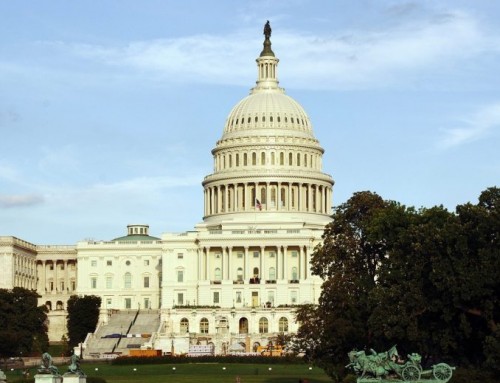(CNN)An act to legalize the use of marijuana for medicinal purposes was passed by German parliamentarians. They voted unanimously in favor of the new bill, first approved by the country’s cabinet in May 2016.
On January 19, votes were unanimous in favor of the new “cannabis as medicine” law, which will come into effect March 2017.
People with multiple sclerosis and other severe illnesses will be able to obtain the drug legally with a prescription. Doctors will also be able to prescribe marijuana or cannabis to patients for whom the drug could alleviate symptoms, such as chronic pain or nausea, or who may see a positive effect on their disease progression, according to a statement (PDF) from Germany’s Federal Ministry of Health.
“Critically ill people must be cared for in the best possible way,” Federal Health Minister Hermann Gröhe said in a statement, adding that “costs of using cannabis for medicinal purposes will be met by the health insurance companies of the critically ill, if no other form of treatment is effective.”
The law was welcomed by parties on both the left and right.
Germany will now create a state-regulated program to cultivate the crop for its medicinal use in the future and to ensure its quality. Until then, plants will be imported.
Personal possession of the drug remains illegal in Germany, though small quantities in possession are not usually prosecuted.
Germany now joins a list of countries experimenting with new laws, both medicinal and recreational, regarding marijuana control.
The global picture
Marijuana, or cannabis, is “the most widely cultivated, produced, trafficked and consumed drug worldwide,” according to the World Drug Report, but its legality has long been a topic of debate worldwide.
In the US, Maine recently confirmed legalized recreational marijuana use, joining seven other states and the District of Columbia. Medical marijuana is now legal in more than half of US states.
This mirrors a global trend. In 2016, Canadian officials said they aim to introduce legislation in 2017 to legalize and regulate marijuana. Uruguay is the only other country to legalize cannabis. Ireland, Australia, Jamaica and Germany approved measures in 2016 for its medicinal use, while Australia also granted permission for businesses to apply for licenses to manufacture or cultivate marijuana products for medicinal purposes and to conduct related research. Decisions are still pending in South Africa.
They join more than 20 countries exploring the possible benefits of legalization. But as with the drug itself, the laws vary, as does the potency of control, and the world is waiting to learn what will work best.
“We need a lot more data to inform the policies that are happening,” said Ryan Vandrey, associate professor of behavioral pharmacology at Johns Hopkins University in the United States. He has no stance on whether marijuana is “good or bad,” he said, but wishes policies around the drug had the data typically required when approving a new therapy.
“There are a number of things that can happen when these policies change,” he said, adding that social and cultural norms will ultimately define the real-life effect of these changes. “You can have vastly different impacts from the same change in policy,” he said.
Hard to knock medicinal benefits
Portugal is a pioneer when it comes to drug reform laws, as the nation decriminalized the possession of all drugs — not just cannabis — for personal use in 2001. As a result, the country holds the greatest body of evidence about the impact such a change can have on policy.
“We were a social laboratory,” said João Castel-Branco Goulão, director-general of the General-Directorate for Intervention on Addictive Behaviours and Dependencies in Lisbon. But filtering out the specific impact in terms of cannabis is difficult.
“Experiments are now taking place in other parts of the world,” he said.
Having trialed drug reform for more than a decade, Goulão believes that when it comes to defining what’s needed for cannabis, there must be a clear distinction between discussions for medicinal and recreational use to “avoid confusion.”
“People mix medicinal and recreational use,” he said. However, he acknowledges that the basis for medicinal benefits from marijuana is strong, with a range of experts, including himself, recognizing its use to alleviate chronic pain, muscle spasms, anxiety, and nausea and vomiting — most of which are linked to a variety of disorders, including multiple sclerosis and cancer treatment, which underlies Germany’s rationale behind it’s new ruling.
“I have no problems with medicinal marijuana,” Goulão said. “There are conditions I believe can benefit from cannabis use.”















Leave A Comment